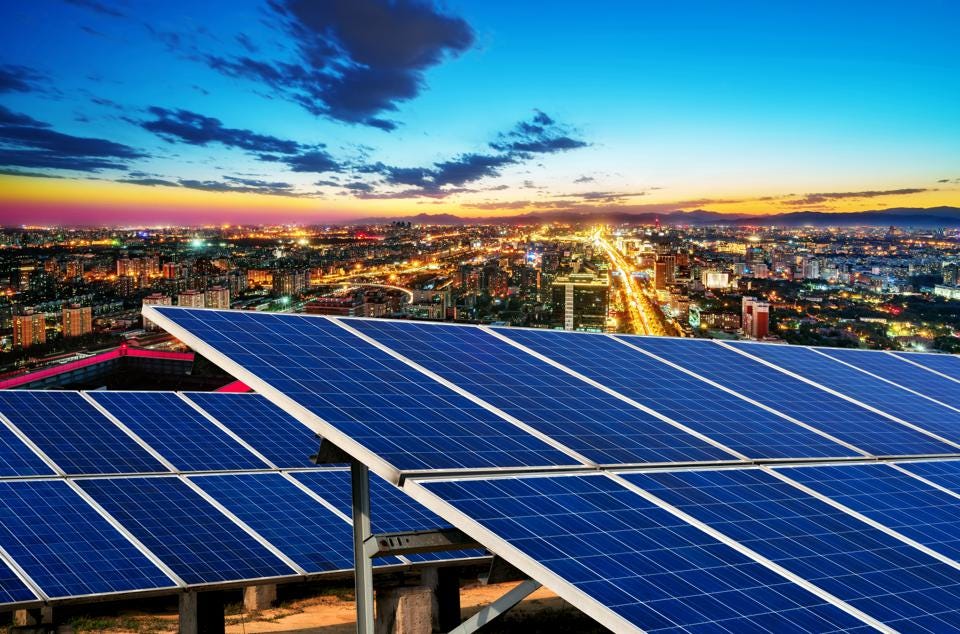Masdar, an energy giant, has announced plans to invest in Nigeria as part of its Africa-wide penetration, which aims to increase renewable energy capacity by 20,000 megawatts over the next 12 years.
Masdar had signed three agreements under the auspices of Etihad 7, a UAE-led initiative aimed at raising public and private-sector funds to invest in the development of Africa’s renewable energy sector and power 100 million people by 2035.
Masdar’s Executive Director of Clean Energy, Fawaz Al Muharrami said Nigeria and other African countries are critical to the company’s global expansion strategy and that discussions about investment in Nigeria are underway.
Recall that Masdar, McKinsey & Company on the sidelines of COP27, had in a report titled “Africa’s Green Energy Revolution: Hydrogen’s role in unlocking Africa’s untapped renewables”, said that Africa could capture as much as 10 per cent of the global green hydrogen market.
In the report, the companies noted that renewable energy could help Africa to create up to 3.7 million jobs, adding as much as $120 billion to the continent’s gross domestic product (GDP).
Read also: DR Congo postpones rainforest oil auctions
The organisations further disclosed that Africa could be among the most competitive sources of green hydrogen in the world, with a cost of $1.8 to $2.6 per kilogram (kg) in 2030, further decreasing to about $1.2 to $1.6 per kg by 2050 as hydrogen production technology matures and renewable energy costs continue to decline.
“Proximity to demand centres in Europe and Asia also optimally positions the continent to build an export-oriented hydrogen sector, the report suggests,”the companies said.
In January, Masdar signed a deal with Angola’s Ministry of Energy and Water for the development of renewable energy projects with a total capacity of 2,000 megawatts. It signed another 1,000MW with Uganda’s Ministry of Energy and Mineral Development for the development of greenfield renewable projects and an agreement with Zambia’s Ministry of Energy and Zambian national utility ZESCO Limited for the joint development of solar, wind, and hydroelectricity projects with a total capacity of 2,000MW.
Muharrami said that the company also signed an agreement with TANESCO, the sole provider of electricity in Tanzania, to develop renewable energy projects with a total capacity of up to 2,000MW last year, adding that the company had already established a considerable presence in Africa, with projects delivered in Egypt, Mauritania, Seychelles, and Morocco.
He said that four solar PV plants were delivered in Egypt’s Red Sea Governorate with a total capacity of 14 MW — Marsa Alam (6MW), Shalateen (5MW), Abu Ramad (2MW), and Halayeb (1MW) and that parts of Masdar’s Al Wadi Al Jadeed Solar initiative plants were delivered in Al Farafra, Abu Minqar, and Darb Al Arbaeen, with a total installed capacity of 6 MW.
“Masdar’s 10 MW solar PV power plant in Siwa was the largest solar power installation in Egypt at the time of its completion in March 2015 while the 7,000 Solar Home System (SHS) project delivered standalone 7,000 SHS to homes and community buildings in remote areas in six governorates without access to the national electricity grid,”he said.
This story was adapted from The Guardian.
